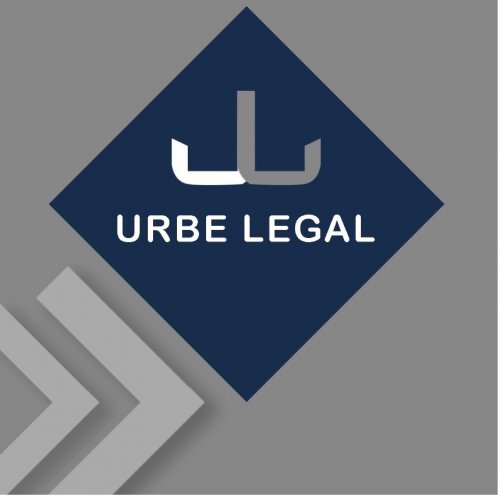Best Will & Testament Lawyers in Guatemala City
Share your needs with us, get contacted by law firms.
Free. Takes 2 min.
List of the best lawyers in Guatemala City, Guatemala
About Will & Testament Law in Guatemala City, Guatemala
In Guatemala City, the law regarding the Will & Testament is governed by the Civil Code of Guatemala. Any person of legal age (18 years and above) and sound mental condition can make a Will. It can be revoked or modified at any time before the death of the person making the Will. It's important to note that a Will must be done in writing; oral wills are not recognized by the Guatemalan law.
Why You May Need a Lawyer
Preparation of a Will & Testament is a legal process that should be carried out with precision and accuracy to avoid potential disputes and litigations. A lawyer can guide you through the process, ensuring that your Will is valid, accurate and properly executed. You may need a lawyer in situations like the division of assets among multiple heirs, establishment of a trust, or if you own business interests. Furthermore, in situations where the inheritors disagree or there's a dispute over the Will, a lawyer can provide representation and legal assistance.
Local Laws Overview
In Guatemala City, a Will must be notarized by a Guatemalan notary in order to be valid. The person making the Will (the testator) has to have the ability to understand the implications of their actions. It's also worth noting that under Guatemalan law, some recipients including the spouse and children (known as "forced heirs") are entitled to a minimum portion of the testator's estate. Any clause that disinherits a forced heir, without justifiable cause recognized by law, may be declared null and void. Additionally, if the testator owns property outside of Guatemala, international estate law may also come into play.
Frequently Asked Questions
Can I draft my own Will?
Yes, you can draft your own Will, but it's advisable to seek legal counsel to ensure that the document is properly prepared, executed and notarized. Any mistakes could lead to legal complications or disputes after your death.
What if I die without a Will?
If you die without having a Will (dying intestate), your assets will be distributed according to Guatemalan law, which generally prioritizes spouses, children, and relatives.
Can I disinherit my child/spouse?
Guatemalan law treats spouses and children as 'forced heirs' which means they're entitled to some proportion of your assets even if your Will dictates otherwise, unless there's a legal reason to disinherit them.
Can my Will be contested?
Yes, a will can be contested, particularly if a person was not in sound mental state at the time of writing the will or if forced heirship rules have not been respected.
What happens to my assets outside Guatemala?
A Guatemalan Will may not be valid in other countries and vice versa. Therefore, owning assets in different countries may necessitate the creation of multiple Wills. Legal advice should be sought to adequately protect international assets.
Additional Resources
For more information, you can consult the Guatemalan Civil Code, or seek information from the local municipality or the local Bar Association. The Guatemalan Ministry of Justice's website also provides useful resources related to inheritance law. Non-profit organizations dealing with legal aid can also be of help.
Next Steps
If you need legal assistance with your Will & Testament, seek out a lawyer specializing in inheritance law in Guatemala City. Prepare a list of your assets, liabilities and wishes for the distribution of your estate before this meeting to streamline the process. Ensure that the final document is duly notarized and protect it in a secure place. Inform a trustworthy person, like an executor, about the whereabouts of your Will for easy access upon your demise.
Lawzana helps you find the best lawyers and law firms in Guatemala City through a curated and pre-screened list of qualified legal professionals. Our platform offers rankings and detailed profiles of attorneys and law firms, allowing you to compare based on practice areas, including Will & Testament, experience, and client feedback.
Each profile includes a description of the firm's areas of practice, client reviews, team members and partners, year of establishment, spoken languages, office locations, contact information, social media presence, and any published articles or resources. Most firms on our platform speak English and are experienced in both local and international legal matters.
Get a quote from top-rated law firms in Guatemala City, Guatemala — quickly, securely, and without unnecessary hassle.
Disclaimer:
The information provided on this page is for general informational purposes only and does not constitute legal advice. While we strive to ensure the accuracy and relevance of the content, legal information may change over time, and interpretations of the law can vary. You should always consult with a qualified legal professional for advice specific to your situation.
We disclaim all liability for actions taken or not taken based on the content of this page. If you believe any information is incorrect or outdated, please contact us, and we will review and update it where appropriate.











